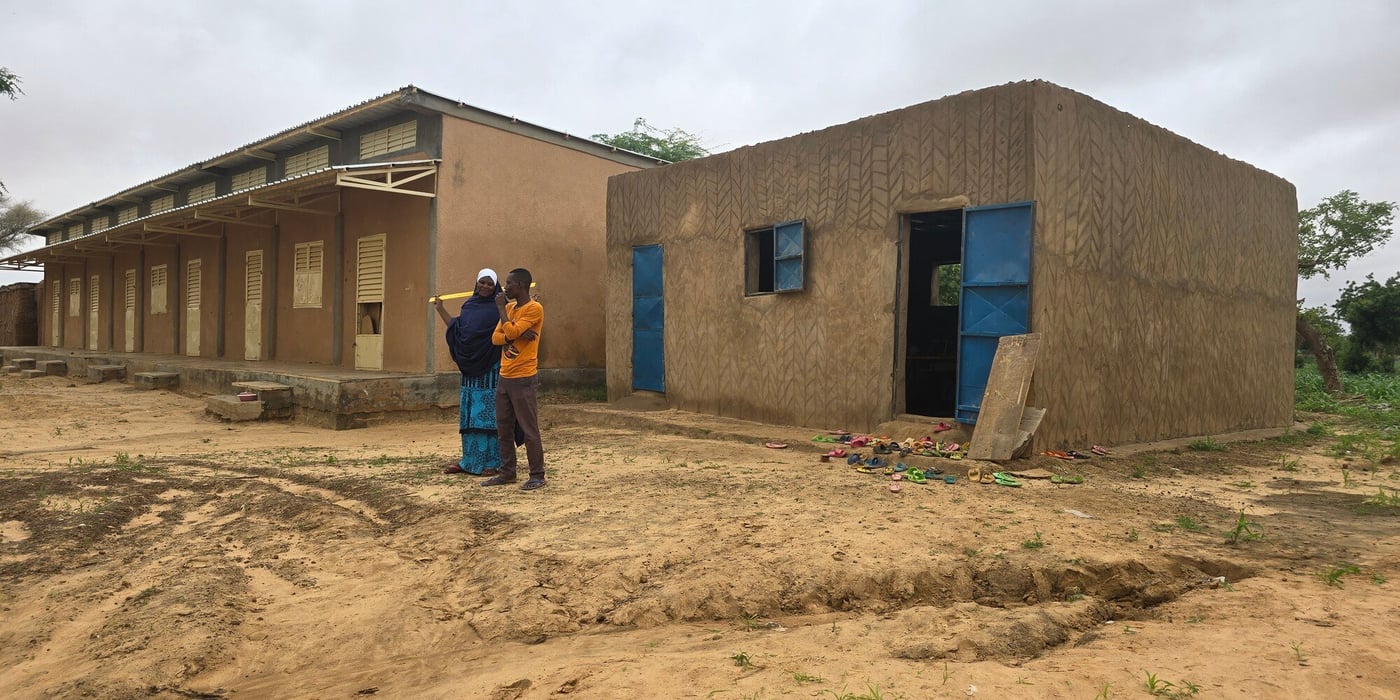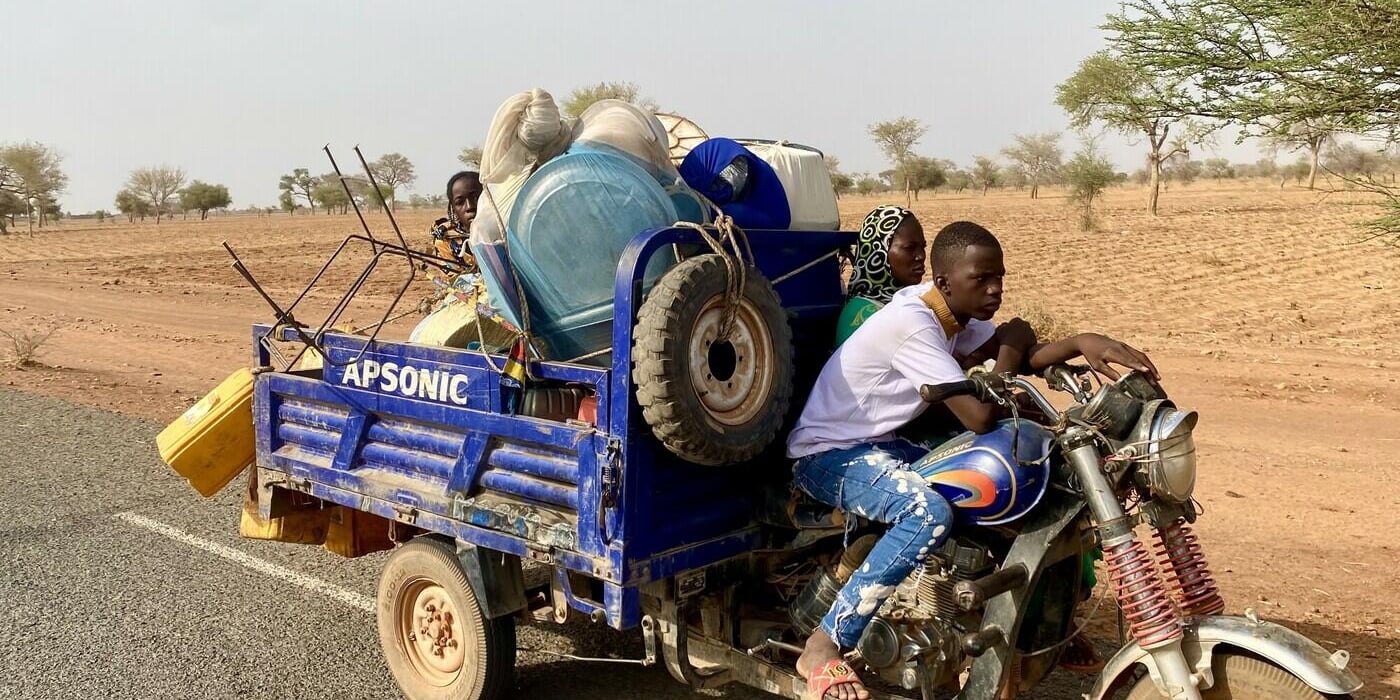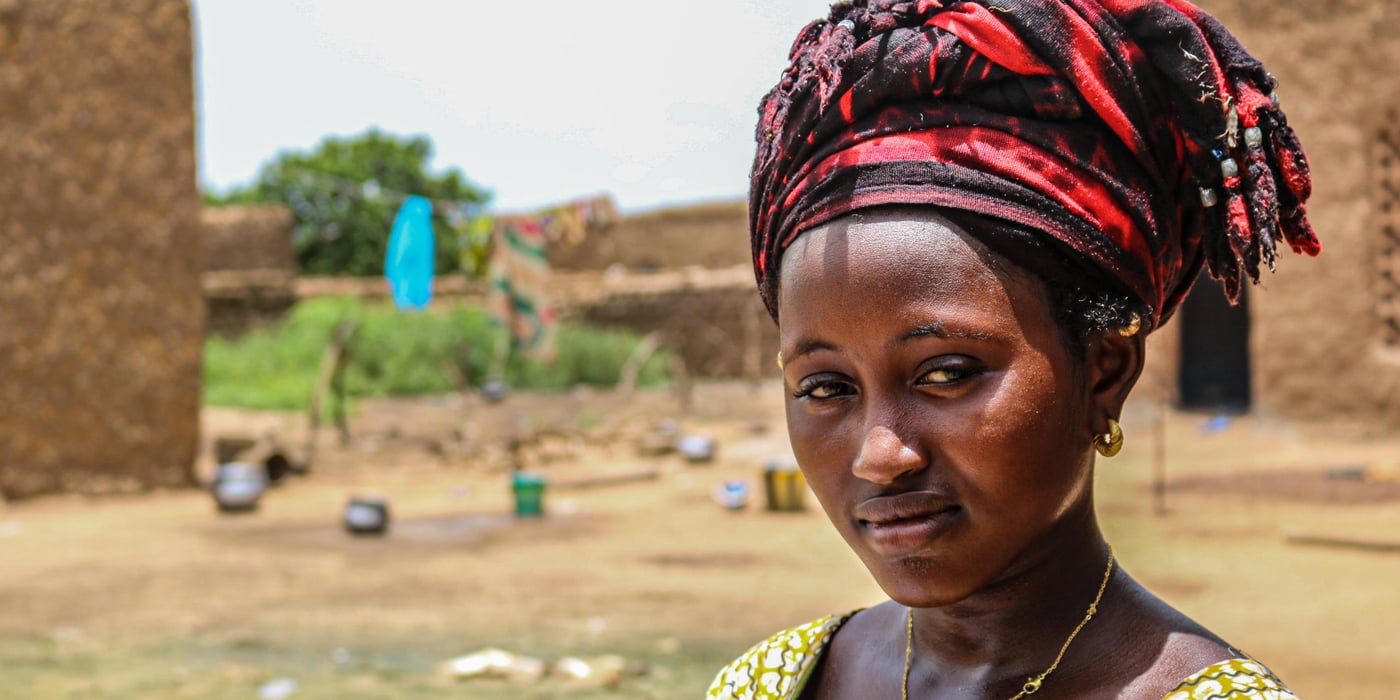
In Mali, the international support has been largely focused on counterterrorism. But the conflict and clashes between the various armed actors are key drivers to the growing humanitarian needs. The neglected emergency in the country is again on the agenda, as Norway launches its revised strategy to the Sahel region. But what’s missing in order to create stability?
NORDEM expert Hanna Mollan has worked as a Civil Society Officer in EUCAP Sahel Mali – the European Union civilian mission, since the start of 2019. She has advised and provided training to the Malian internal security forces, including the police, the National Gard and the Gendarmerie. Now, she’s finalising her mission and shares her experiences from working in the Sahel country.
“We have provided training on a range of subjects, such as human resource management, logistics, counter-terrorism, forensics, and human rights. With the aim to strengthen their operational capacity to protect the civilian population, and to take back full control of the Malian territory,” Mollan says.
Security first
Since 2012, large areas of the country have been controlled by various non-state armed groups. The security forces are deployed across the country, and often to areas where they do not speak the local language. Therefore, part of the training is on building trust, something that is much needed.
“I am part of a team that visits the security forces in their area of deployment. Due to insecurity, we cannot drive far out of the capital, Bamako, so we fly by helicopter to the communities they are tasked to protect. We help establish contact between the forces, local civil authorities and civil society groups,” Mollan says. “I see and hear a lot of suspicion and mistrust from both sides.”
It is reported that the forces have used excessive force against the population, when looking for members of the non-state armed groups. At the same time, the population tend to fear reprisals by non-state armed groups if they are seen talking to and sharing information with the security forces.
“I am often worried about the security of the civilians we meet. It can be dangerous for them to be seen talking to us in EUCAP. As they say: ‘there are eyes and ears everywhere’. We are interested in the security situation and getting feedback on the behaviour of the forces we have trained. Only then, we can adapt our training and intervene with the force commanders accordingly,” she says.
“When the civilians are still interested in talking to us, that’s a strong signal that they want to trust their government and wish for public services to return.”
However, building trust is a continuous process and dependent on the local communities seeing some form of progress from the international presence.
“Many of the areas we visit areas have been neglected by the government and local authorities for decades. There are no functional roads, health centres or schools. Lately, due to insecurity, there are less and less civil administrators too, and no police and other security forces,” Mollan says. “One crucial factor to stabilisation is for the security sector to include and collaborate closely with the local civil society. Here, there is still a way to go.”
The unstable political situation is an additional factor that is making stabilisation difficult. During the past nine months there has been some political changes in the country. A transitional government has been nominated, and General Elections are scheduled for 2022. This is a tight deadline for the security forces to get the security situation under control, so that people feel safe voting in the elections.

Development part of stability
On 23. June, the Norwegian government launched its revised Sahel strategy – promising to continue its support to the UN peacekeeping mission in Mali, MINUSMA, and training to the police. However, the strategy also promised a strengthened focus on good governance, diplomacy, and inclusive political processes – referring to minorities and the UN resolution 1325 on women, peace and security.
However, one of the key criticisms of the international involvement in the region is the emphasis on military operations compared to humanitarian and development efforts.
“The international community is investing a lot in security. There are UN peacekeepers and other international military forces, such as the French Barkhane force, and the recently formed European, French-led Takuba Task Force, gathering intelligence, patrolling and fighting the various non-state armed groups alongside Malian military and security forces. However, despite all these interventions, the security situation continues to degrade very quickly. This is very worrying,” Mollan says.
The increased insecurity also hampers development and humanitarian organisations’ access to local communities. Nearly half a million people are displaced inside Mali, with 100.000 newly displaced since the beginning of the year, who are in dire need of food and basic services. With increasing frequency, there are horrific reports of massacres of civilians and of people being killed across the borders to Burkina Faso and Niger – where non-state armed groups operate.
“A central concept for the EU and the EUCAP mission is the security-development nexus. Meaning, we recognise an integrated approach to security and development, and that these outcomes depend on one another. However, in my experience here, security is prioritised over development. We talk of an integrated approach, but we plan our activities as a sequence of interventions: security first then development next. But development is an ingredient of security, not a consequence,” Mollan says. “The communities we meet want security, and for them security means schools, health clinics, solar panels, jobs, roads, wells and clean water.”
Neglected crisis
For the third year in a row, Mali is again on the NRC’s list of the world’s most neglected crises for 2020. Even if the crisis is neglected internationally, it is very prominent for those who are working on it on a daily basis.
“All of our energy goes into trying to understand what is going on and how to make the situation better. The conflict in Mali is complex, with many actors, overlapping crises and agendas. There is geopolitical rivalry, illegal migration, organised crime, human trafficking, the fight against terrorism and so on. On a local level, communities are facing climate change, floods and droughts, cattle raiding, a dysfunctional justice sector and no government presence,” she sums up.
Although the situation is overwhelming, there are promising efforts that could help build a better future. For Mollan, one of these efforts is to forge stronger links between the stabilisation efforts and the development actors. “There needs to be more contact and cooperation between the security forces and the population. An important first step is for the forces, local authorities and local associations to meet and discuss risks and security problems, and find ways of solving them together,” she says.
EUCAP Sahel Mali
About
EUCAP Sahel Mali is a joint European action under the EU Common Security and Defense Policy (CSDP). The mission was established in 2015 to support security sector reform in Mali by advising and training the internal security forces.




